Paid family and sick leave.
Quality, affordable child care.
Economic security.
Tell Congress to support families to ensure a better future.
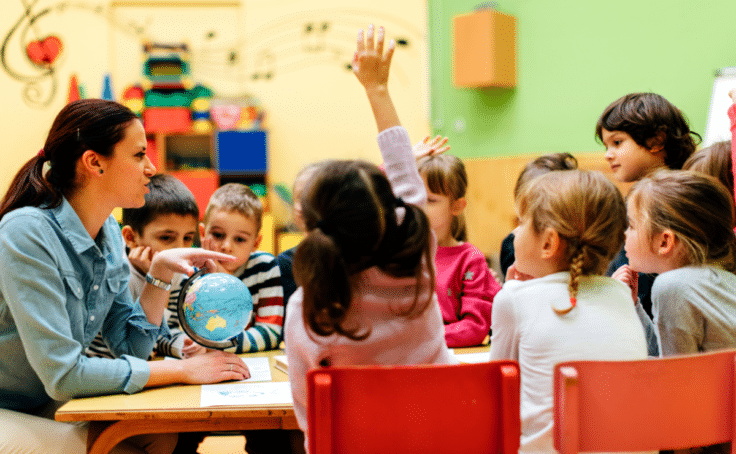
As recently reported in The New York Times, the youngest students’ performance is “in stark contrast” to older elementary school children, who have caught up much more since the pandemic.
Teachers, pediatricians, and early childhood experts report that many children now entering school lack age-appropriate skills like holding a pencil, identifying shapes or managing emotions. The data show Black and brown children or children from families with low income or families are most affected, though experts believe recovery is possible with appropriate resources and interventions.
So how did this happen? And what can we do to help?
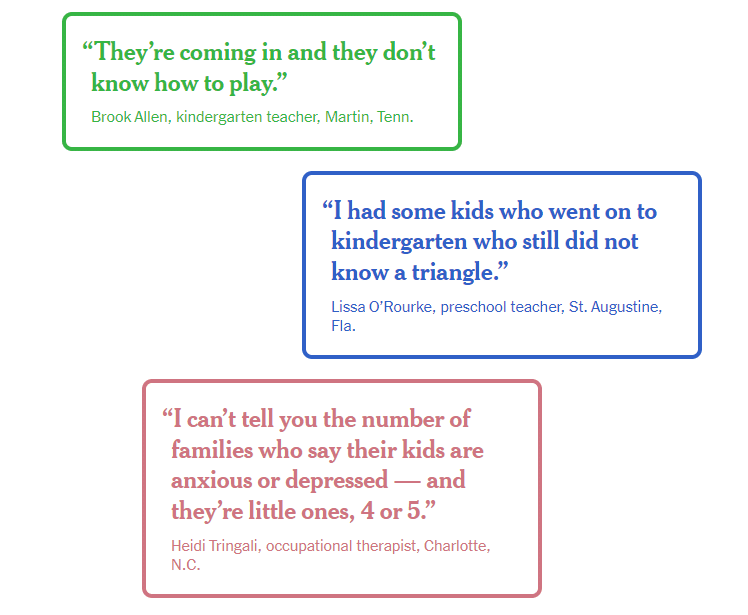
During the pandemic, fear of virus exposure, economic uncertainties, job loss and balancing work-from-home demands with child care of infants and toddlers left many parents in a heightened stress state.
In 2023, our State of Babies Yearbook found 22.5% of mothers reported less than optimal mental health. And still, years after pandemic lockdowns have subsided, 57% of parents report burnout. Child care costs more than housing in all 50 states, the Federal Reserve says grocery prices have risen 25% since 2020 and the temporary expanded Child Tax Credit, proven to lift millions of families out of poverty, ended.
As National Director of HealthySteps, Rahil Briggs PsyD, noted in the New York Times article, a baby who is exposed to more stress will show more activation on brain imaging scans in the parts of that baby’s brain that focus on fear and focus on aggression.

That stress, day in and day out, affects the quality of the relationships parents/caregivers have with their children. Adult mental health, whether it's good or poor, has a direct affect on the young children they care for.
Sarah MacLaughlin, sr. training and technical assistance specialist
Paid family and sick leave.
Quality, affordable child care.
Economic security.
Tell Congress to support families to ensure a better future.
With child care programs closed during Covid and many other activities unavailable, young children were not able to interact with peers and practice taking turns, solving problems or playing pretend — all critical social-emotional skills learned in the early years. Children also spent less time overhearing adult interactions that exposed them to new language and social situations, like at the grocery store.
Currently, fewer children are enrolled in child care and preschool than pre-Covid. Fifty-one percent of Americans live in communities classified as child care deserts. As many as 70,000 child care centers closed as pandemic-era funding ended. Many of the ones that remain open struggle to make ends meet, retain qualified staff and maintain a reasonable waitlist. With limited public funding for child care, costs are balanced on the backs of families and underpaid providers.
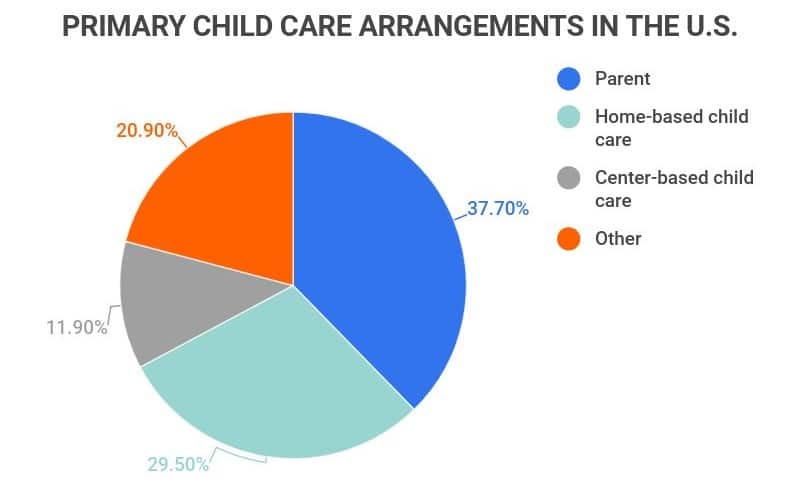
Infants and toddlers learn how to regulate their emotions through co-regulation with the adults around them. If there are no engaged adults (because they're working a couple of jobs to make ends meet or too exhausted to engage in play), then there is less learning.
Kathy Kinsner, Sr. Family resources manager
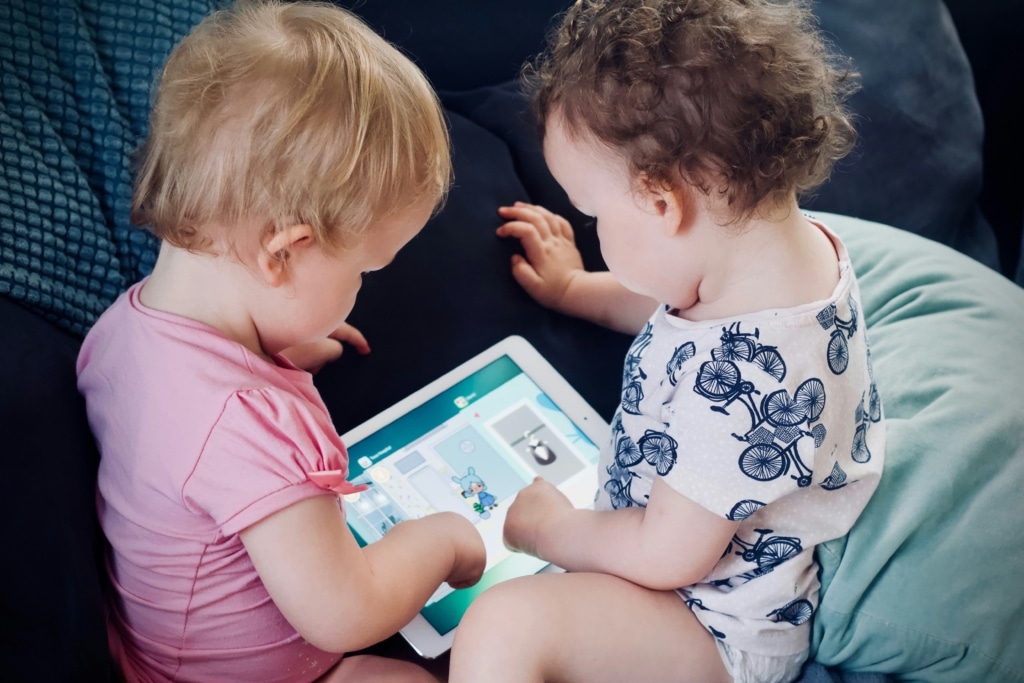
Over the past decade, screen time for infants and toddlers has significantly increased. During the pandemic, it was often a necessity due to many parents balancing child care while working.
But with the proliferation of digital devices and apps targeted at young children, it’s estimated 87% of children engage in screen time that exceeds recommendations from the American Pediatric Academy. Research indicates that parental screen habits heavily influence children’s screen time, highlighting the need for parents to model healthier behaviors and establish clear boundaries around device use for the whole family.
Watching something on a screen is not equivalent to the serve-and-return of a caring adult, whose encouragement and reactions are tailored to a specific child.
Kathy Kinsner, Sr. Family resources manager
Having anywhere from one to four hours of screen time per day at age 1 is linked with higher risks of developmental delays in communication, fine motor, problem-solving and personal and social skills by age 2, according to a study of 7,097 children published in the journal JAMA Pediatrics.
However, not all screen time is the same. Our screen sense resources guide parents and caregivers to use reasonable amounts of screen time while choosing programming that is engaging, meaningful, social and where children are actively involved.
Explore the research behind screen time recommendations.
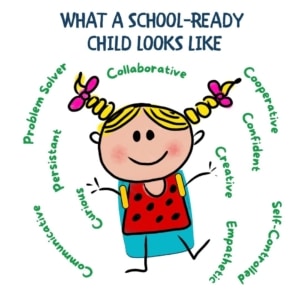 Typically, school readiness targets literacy, numeracy and other cognitive skills. But the importance of feeling safe, secure and loved is often undervalued.
Typically, school readiness targets literacy, numeracy and other cognitive skills. But the importance of feeling safe, secure and loved is often undervalued.
The American Academy of Pediatrics says that insights into early brain and child development have revealed that modifiable factors in a child’s early experience can greatly affect that child’s health and learning trajectories. Children who enter kindergarten with limitations in their social, emotional, cognitive, and physical development might have significantly benefitted through early identification and attention to child and family needs. They cite that, “a strong correlation between social-emotional development and school and life success, combined with alarming rates of preschool expulsion, point toward the urgency of leveraging opportunities to support social-emotional development and address behavioral concerns early.”
In my mind, a lot of school readiness is rooted in a deep sense of curiosity about the world, awareness of feelings (within yourself and within others) and where they might come from (empathy), an ability to ask questions and advocate for oneself, and overall socio-emotional health.
mike sherman, IECMH Clinical Consultation Manager
Despite the lack of traditional school readiness skills, many teachers report seeing great progress within just several months. There is evidence to support that setbacks can be temporary, due to the brain’s neuroplasticity. With the right interventions and support, young children can be set up for lifelong success.
Our Early Connections curriculum helps parents explore and practice critical caregiving skills and nurture parent-child connections.

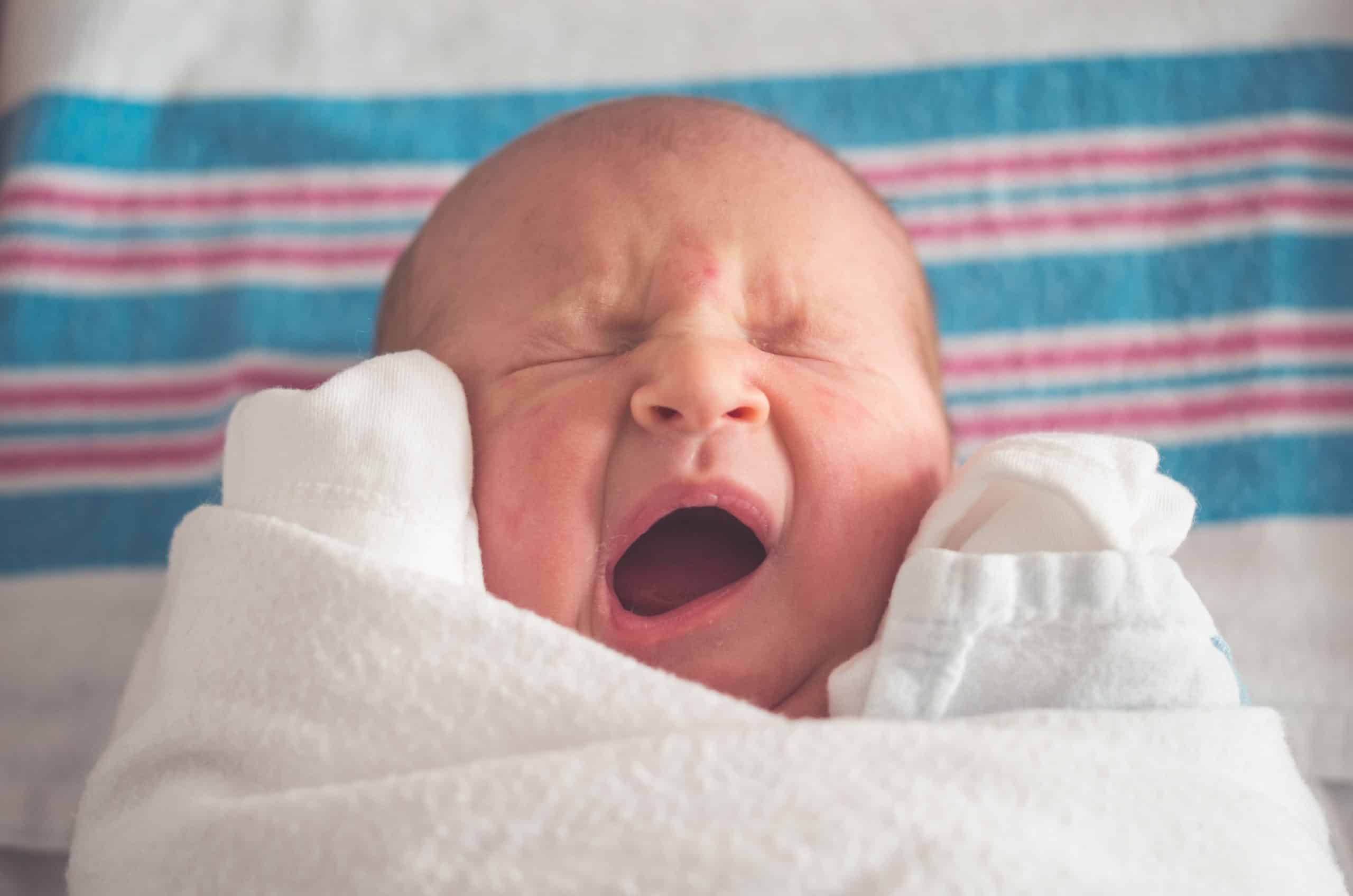
|
2025 LEARN Conference registration is now open! Join us in Baltimore Oct. 8-9.
|